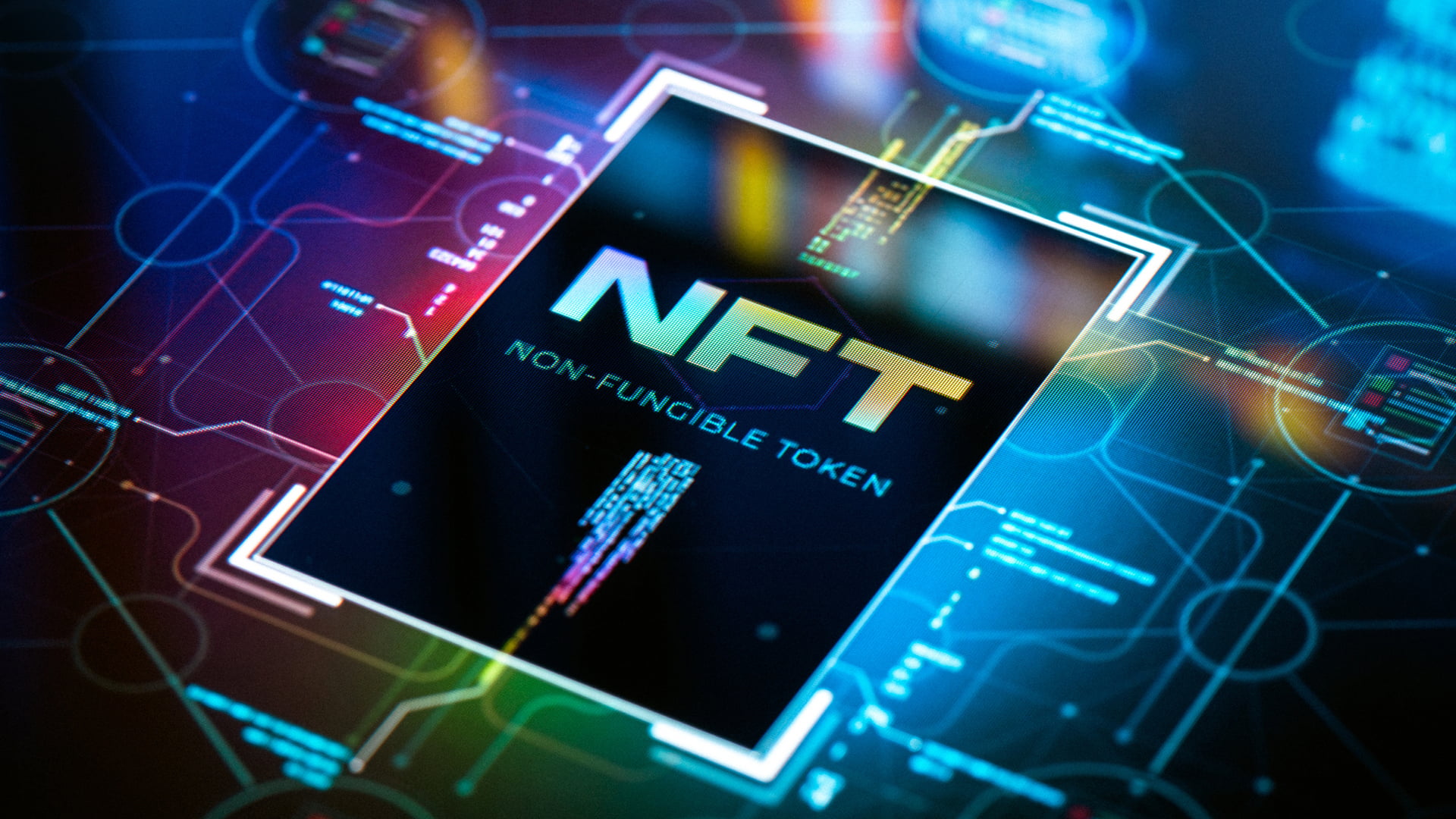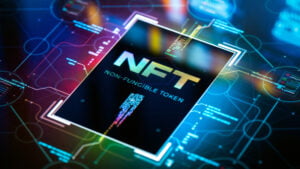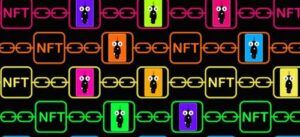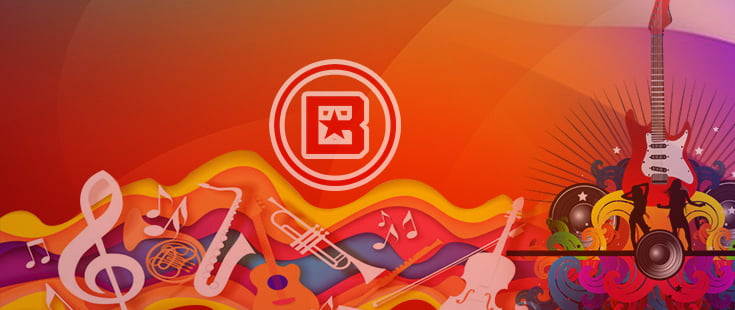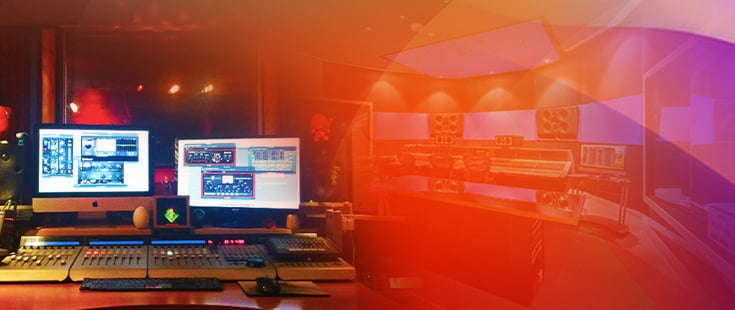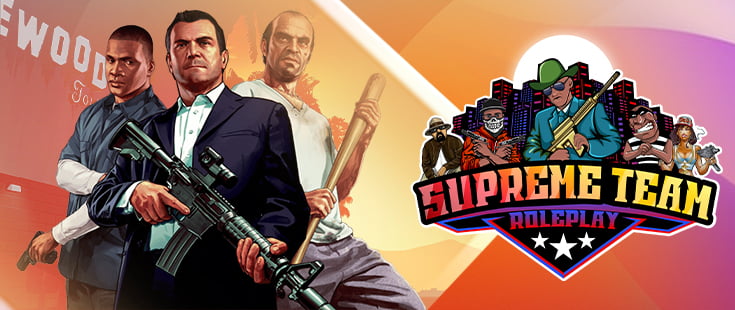Blockchain-linked digital content non-fungible tokens are shaking up the music industry. NFTs can take many forms as long as they are digital. One of the attractions of NFTs is that the token it is attached to serves as a certificate of authenticity that proves you own it. Once you own an NFT, you are the sole owner and cannot be duplicated. Since NFTs are publicly verifiable on the blockchain, it is easy to detect if two files on the blockchain are identical and identify which NFTs are not authentic. An authentic digital NFT work itself can be shared or duplicated, but the owner of the NFT that is linked to a token is unique and reserved exclusively for its owner.
This new technology is already influencing the music industry in various ways. Here are the 3 reasons why music Artists must embrace NFTs:
1. NFTs Provide artists with additional sources of income
NFTs provide artists with additional revenue streams and, in some cases, significant revenue streams. Wide-ranging musicians such as Grimes, Steve Aoki, Kings of Leon, and Ozuna have made millions of dollars through NFTs. While NFTs are new to the scene, some of the world’s most creative and innovative artists have taken the opportunity to diversify their sources of income. This is due in part to existing flaws in the music industry, which often benefits streaming platforms and record labels more than artists. Alesso, a world-renowned Swedish DJ, has said that if you put a song out on a streaming platform like Spotify or iTunes, “if it’s not a global hit, you don’t make any real money.” adding that cryptocurrency “could save the career of many people, making money with their art”. He is right. On average, artists earn $.0006 per stream on traditional streaming platforms. That means they will only earn $600 through a song that has 1 million views. It seems unfair, right?
Not surprisingly, artists are finding creative ways to generate income through NFTs. Many artists release exclusive videos, songs, albums, concert tickets, fan club memberships, and digital art in the form of NFTs, which fans can purchase through cryptocurrencies such as Bitcoin and Ethereum. One of the main benefits of this is that the artist could decide whether to make the NFT ultra-exclusive by selling just one copy, or by selling dozens or hundreds of copies. An NFT digital art by Steve Aoki sold for $888,888.88. An artist who wanted to do that much through a song on a streaming platform would need 1.48 billion streams.
2. NFTs Allow fans to better connect with celebrities
NFTs allow artists and fans to connect like never before. Post Malone announced in March that he would sell an NFT that would allow the holder to play beer pong against him. NFTs do not have to be digitally collectible. They can also be the key to unlocking exclusive artist experiences. Some companies, like Fyooz, are dedicated to creating experiences between fans and celebrities through artists. Other companies, like Dropper, allow fans to compete for celebrity NFT collectibles, with top fans being able to unlock celebrity experiences. One of the main reasons why the use of NFTs to enable celebrity-fan experiences is so attractive to celebrities is that the blockchain technology underpinning NFTs means that celebrities could accumulate 100% of the revenue generated from the sale of these experiences. There is not necessarily a need for a third party that can take a portion of these funds.
3. NFTs Modify the signing of records for the better
Another key way in which NFTs are influencing the music industry is by providing crypto-backed record labels, which allow artists to generate far more revenue from their album sales than a single label setup would allow traditional record labels. One of these companies is StarCoin, which is the world’s first crypto-backed record label. StarCoinallows for a 50/50 split between an artist and a record label. In today’s music industry, artists typically only amass 10-20% of the profits generated from their album sales, with a 20/80 or 10/90 split favoring the record label as the setting more common. Traditionally, when a record label signs an artist, it gives them a loan or “advance” to create an album. Artists do not make any personal profit from their album sales until they have repaid the loan. But StarCoin does not indebt any artist, and the money is generated through taxes on its NFT marketplace, as a source of funds for the artist to create her label. Without a doubt, NFTs are changing the music industry and definitely for the better.



